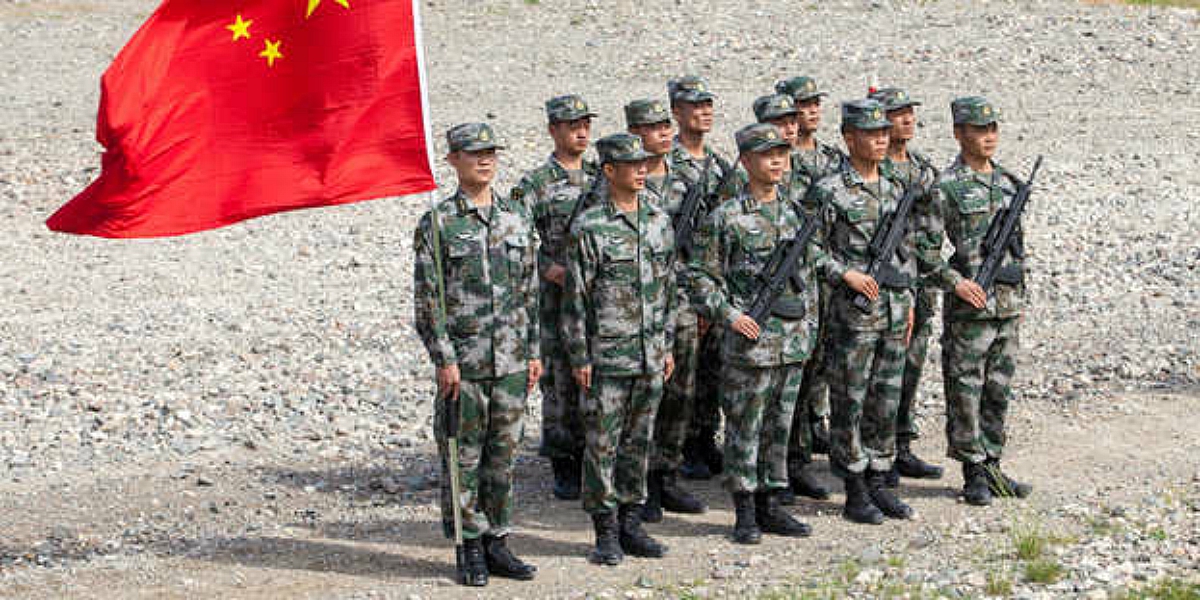It seems Prime Minister Narendra Modi’s decisive leadership has paid dividends. In the first signs of disengagement between Indian and Chinese troops on the Line of Actual Control (LAC) in Ladakh, the soldiers of both sides have started moving back at PP14 in the Galwan area. It is expected that both the countries are expected to pull back their troops from other two standoff sites of PP15 and PP17A in the Hot Springs sector.
At the Corps Commander-level talks it was agreed that both the parties would take efforts for a step-by-step de-escalation. Under this, both sides were supposed to withdraw manpower and structures and a verification was to be done by July 5.
Meanwhile, prior to the disengagement on Monday, National Security Advisor Ajit Doval held talks with Chinese Foreign Minister and State Councilor Wang Yi over video call on Sunday, Hindustan Times reported.
Doval and the Chinese foreign minister Yi’s conversation is learnt to have focused on what is being described as “full and enduring restoration of peace and tranquillity” along the Line of Actual Control. Both sides are expected to draw up plans to prevent recurrence of such incidents in future.
On the talks, a statement issued by the external affairs ministry said, “a frank and in-depth exchange of views on the recent developments in the Western Sector of the India-China border areas. They agreed that it was necessary to ensure at the earliest complete disengagement of the troops along the LAC and de-escalation from India-China border areas for full restoration of peace and tranquillity. In this regard they further agreed that both sides should complete the ongoing disengagement process along the LAC expeditiously.”
It was essential for the further development of our bilateral relations and that two sides should not allow differences to become disputes
MEA statement
The first impact of the ice-breaker meeting started becoming visible soon after. Officials said the PLA appeared to have moved about a kilometre from the standoff point in Galwan where soldiers of the two armies had clashed on June 15, leading to casualties on both sides. The violent scrap had led to a sharp slide in relations between the two countries, provoking New Delhi to ban Chinese mobile applications and keep out China-linked firms from future contracts across sectors.
Both officials agreed that it “was essential for the further development of our bilateral relations and that two sides should not allow differences to become disputes”. Following the meeting, deescation process was set in motion with PLA soldiers vacating positions held by them when the clash took place on June 15. They reaffirmed that both sides should strictly respect and observe the line of actual control and should not take any unilateral action to alter the status quo and work together to avoid any incident in the future that could disturb peace and tranquillity in border areas.


















Discussion about this post